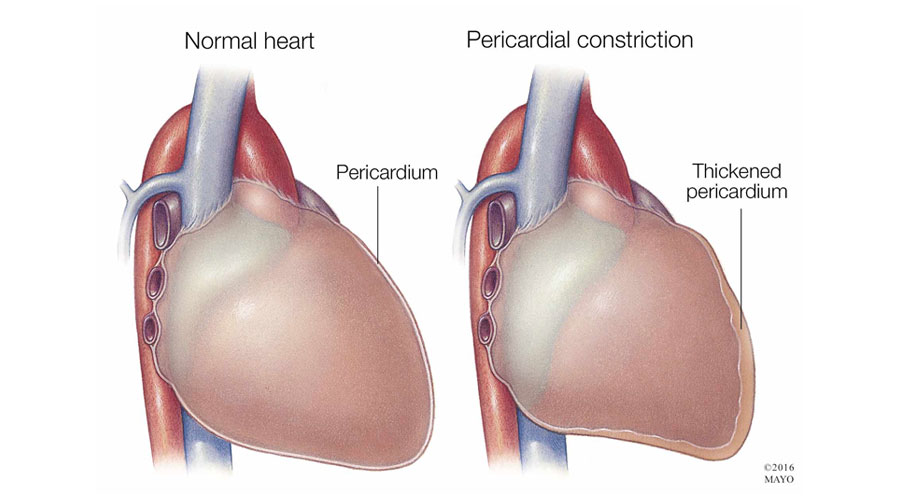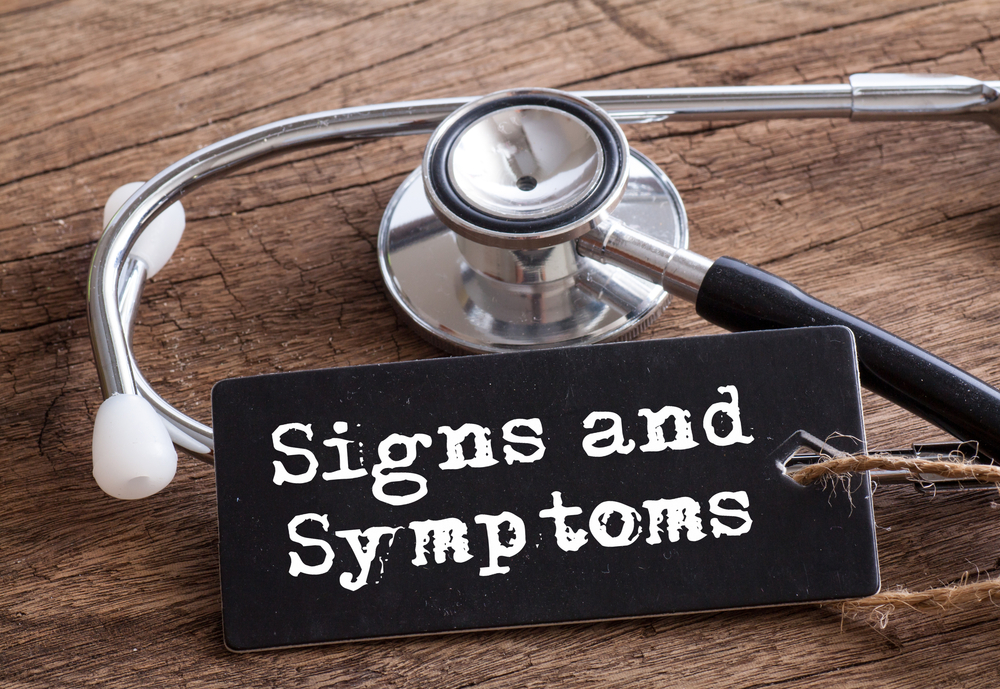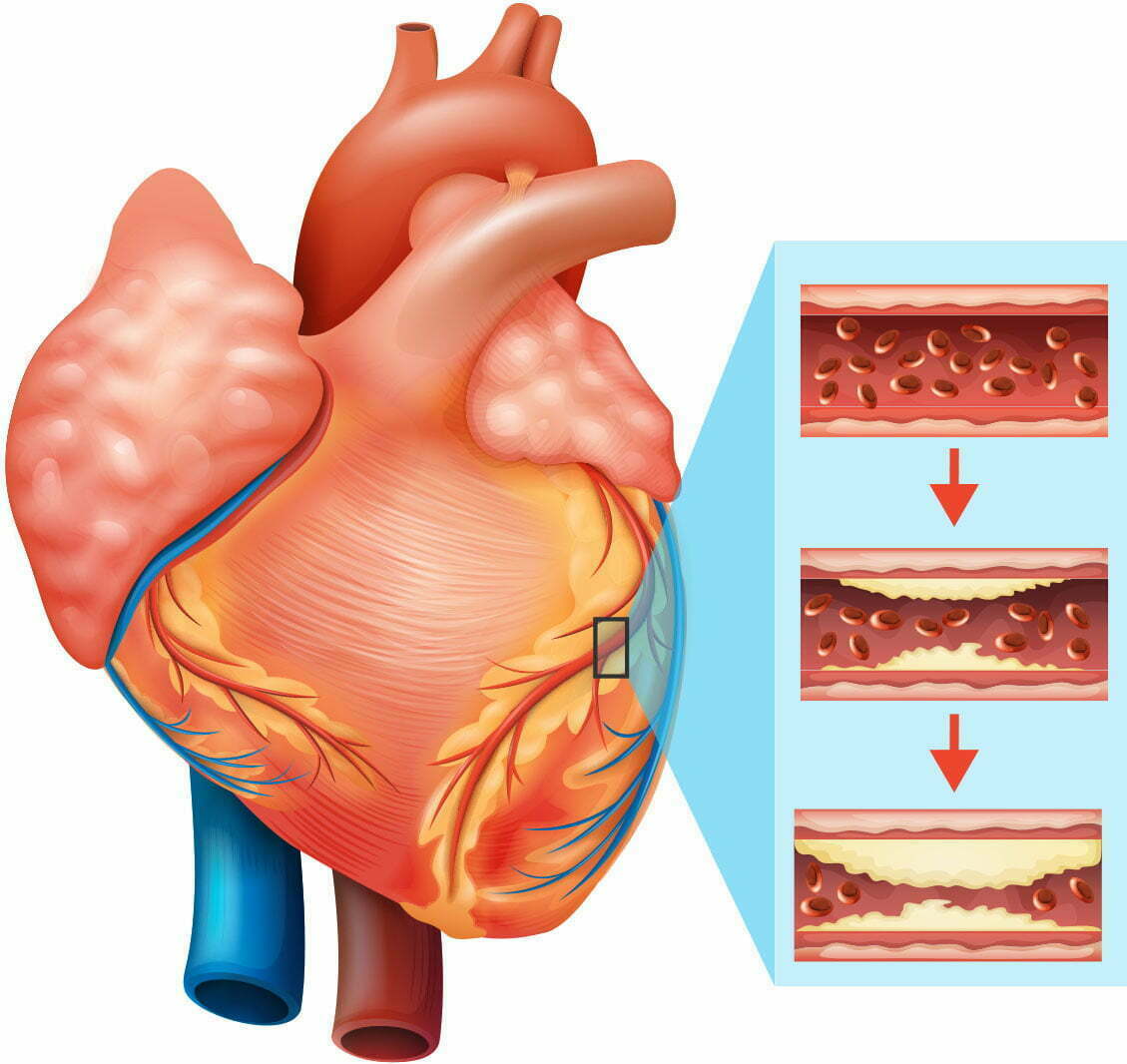Constrictive pericarditis definition – Pericarditis is inflammation of the fibrous sac around the heart. It usually occurs after viral or bacterial infections. Treatment involves medication and rest. Surgery may be required if the fluid builds up to the point where it puts pressure on the heart.

Did you know that constrictive pericarditis is a condition where the pericardium is constricted by scar tissue? This may occur after a heart attack or cardiac surgery. Learn more about this condition.
Blog intro: A pericardial effusion is when fluid accumulates around the heart. When this happens, the pressure inside the heart increases. This can lead to problems with blood circulation. Learn more about pericardial effusions.
Definition
Constrictive pericarditis occurs when a pericardial effusion is so large that it causes pressure on the heart and other organs. The pericardium is a thin, fibrous sac that encases the core. This sac prevents fluids from collecting between the heart and the lungs, but sometimes scar tissue forms on the pericardium, causing it to become thick and stiff.
This can severely restrict the heart’s movement and cause heart failure.
Constrictive pericarditis usually occurs after a heart attack or other heart disease.
Signs and symptoms
Pericardial effusions (PEs) are common conditions that affect a wide range of people. However, it’s not always clear why PEs happen. Sometimes, there are no signs or symptoms at all. Other times, the PEs can cause shortness of breath, chest pain, neck and arm swelling, and abdominal pain.
Sometimes, people with PEs don’t realize they have one until they go to the emergency room for a different reason. PEs can be caused by medical conditions such as heart disease, cancer, infections, certain medications, and autoimmune diseases.

Complications
Did you know that constrictive pericarditis is a condition where the pericardium is constricted by scar tissue? This may occur after a heart attack or cardiac surgery. Learn more about this condition.
A pericardial effusion is when fluid accumulates around the heart. When this happens, the pressure inside the heart increases. This can lead to problems with blood circulation. Learn more about pericardial effusions.
Did you know that constrictive pericarditis is a condition where the pericardium is constricted by scar tissue? This may occur after a heart attack or cardiac surgery. Learn more about this condition.
A pericardial effusion is when fluid accumulates around the heart. When this happens, the pressure inside the heart increases. This can lead to problems with blood circulation. Learn more about pericardial effusions.
Did you know that constrictive pericarditis is a condition where the pericardium is constricted by scar tissue? This may occur after a heart attack or cardiac surgery. Learn more about this condition.
A pericardial effusion is when fluid accumulates around the heart. When this happens, the pressure inside the heart increases. This can lead to problems with blood circulation. Learn more about pericardial effusions.
Did you know that constrictive pericarditis is a condition where the pericardium is constricted by scar tissue? This may occur after a heart attack or cardiac surgery. Learn more about this condition.
A pericardial effusion is when fluid accumulates around the heart. When this happens, the pressure inside the heart increases. This can lead to problems with blood circulation. Learn more about pericardial effusions.
Diagnosis
Constrictive pericarditis is a condition where the pericardium is constricted by scar tissue.
A pericardial effusion is when fluid accumulates around the heart. When this happens, the pressure inside the heart increases. This can lead to problems with blood circulation. Learn more about pericardial effusions.

Frequently Asked Questions(FAQs)
Q: How did you end up having constrictive pericarditis?
A: It started as an injury to my ribs and progressed over time. I had some fluid buildup in my chest cavity. After surgery, they had to open me up and found that my pericardium was very thin.
Q: When did you start feeling symptoms of constrictive pericarditis?
A: My symptoms started happening when I was 16. The first day I went to a doctor, he said I had to be hospitalized for two weeks. I was in the hospital for three days and then had to stay home for a few months.
Q: What is constrictive pericarditis?
A: Constrictive pericarditis is a condition where scar tissue forms in the pericardial sac around the heart. This prevents the heart from expanding properly. As a result, it can cause heart failure.
Q: How do you diagnose constrictive pericarditis?
A: When doctors examine a patient with a heart attack, they sometimes look for signs of constrictive pericarditis. A chest X-ray will show the heart surrounded by a ring of soft tissue called the pericardium.
Q: How did you first hear about constrictive pericarditis?
A: In high school, I had to go through a lung biopsy, and they discovered I had asthma. At the time, I didn’t know it was related to my heart condition. I had never heard of constrictive pericarditis.
Myths About constrictive Pericarditis
1. It is a very rare disease.
2. Constrictive pericarditis can occur at any age.
3. It usually causes fluid buildup around the heart.
4. Constrictive pericarditis is a rare complication of rheumatic heart disease.
5. The diagnosis of constrictive pericarditis is difficult to make and is usually missed.
Conclusion
One of the most common causes of pericardial constriction is pericardial adhesions, which can form after surgery or trauma to the chest wall.
While you may be familiar with the term “pericardial effusion,” you may not know exactly what that is.
When there is a buildup of fluid in the sac around the heart, this is called a “pericardial effusion.”
But while this may sound scary, it’s quite a common condition. Pericardial effusions occur in roughly 0.5% of the population.









